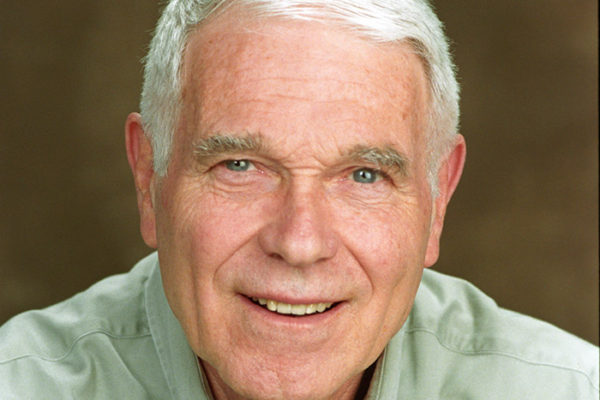Allen honored for lifetime achievement
Garland E. Allen, professor emeritus of biology in Arts & Sciences at Washington University in St. Louis, will receive the History of Science Society’s 2017 Sarton Medal for lifetime scholarly achievement Nov. 10 at the society’s annual meeting in Toronto.
Book traces history of racism, race-based pseudoscience
When it comes to race, too many people still mistake
bigotry for science, argues Washington University in St. Louis
anthropologist Robert W. Sussman, PhD, in his new book, “The Myth of
Race: The Troubling Persistence of an Unscientific Idea.”
Racist hate network using media to sabotage immigration reform, says book author
As immigration reform once again heads to the
front-burner of American politics, the nation’s politicians and voters
have an opportunity to decide whether a fringe coalition of racist
groups will once again be allowed to sabotage serious efforts to reach a
rational compromise on critical immigration issues, suggests Robert W. Sussman, author of a new book on enduring scientific myths behind modern racism.
Déjà vu all over again? Cultural understanding vs. horrors of eugenics
Scientific efforts to explain feeblemindedness, delinquency and racial inferiorities date to the Spanish Inquisition. And while the horrors of Nazi Germany exposed fatal flaws
in science’s quest to build the master race, the ethical dilemmas posed
by the science of eugenics are far from behind us, warns an anthropologist from Washington University in St. Louis.
Exhibit highlights biomedical travesties of the Holocaust
A traveling exhibition from the U.S. Holocaust Memorial Museum called “Deadly Medicine: Creating the Master Race,” highlights how physicians, geneticists, anthropologists and others in the healing professions developed and participated in the Holocaust. The exhibit opens Monday, Aug. 8, at the Bernard Becker Medical Library at Washington University School of Medicine and will be on display until Sunday, Oct. 30.
Social problems such as obesity can’t be solved through genetics alone, warns biologist
Photo courtesy University of IowaCould there be a link between the obesity epidemic and eugenic thinking? A historian of science at Washington University in St. Louis poses the question.As obesity rates continue to grow in the United States, threatening the health of millions of Americans, a historian of science warns that social problems such as this cannot be solved through science, especially genetics, alone. In this new “gene age” in which large amounts of research funds are used for studies on the genetics of such complex social traits as alcoholism, criminality or obesity, for example, Garland E. Allen, Ph.D., professor of biology in Arts & Sciences at Washington University in St. Louis, says the climate is ripe for a “re-packaged” eugenics in American society. Allen points out that 100 years ago, eugenics, a movement that claimed many social, personality and mental traits were hereditary, was emerging as a major social movement in Europe and the United States. His concern: it might well still be with us today.
Renowned historian of life and biomedical sciences to give Thomas Hall Lecture
Everett Mendelsohn, one of America’s foremost historians of science, will deliver the Thomas Hall Lecture titled “Dolly and the Historians: Science, Politics and Ethics of Cloning” as part of the Washington University Assembly Series at 4 p.m., Thursday, November 13. The lecture is free and open to the public and will be held in Rebstock Hall, Room 215, located just east of Mallinckrodt Center (6445 Forsyth Blvd) on the Washington University campus.

